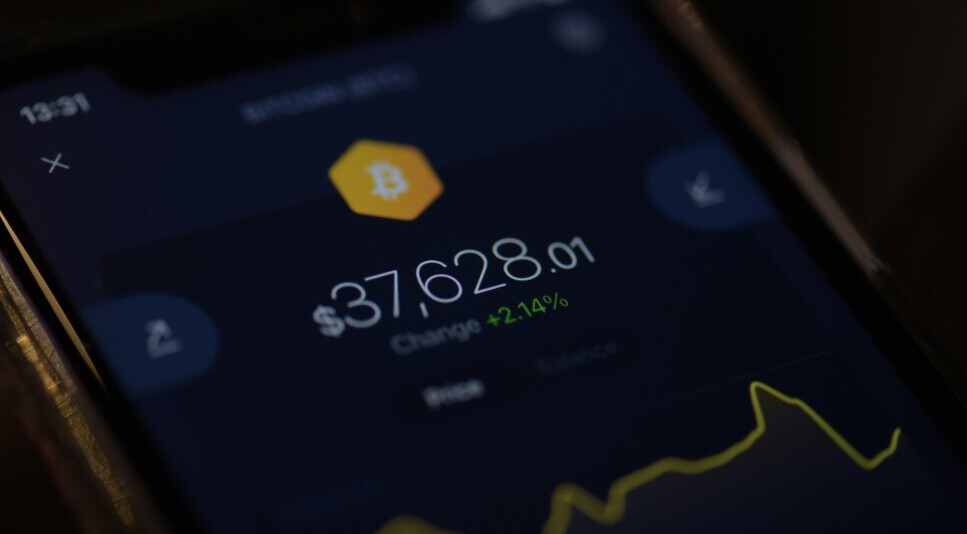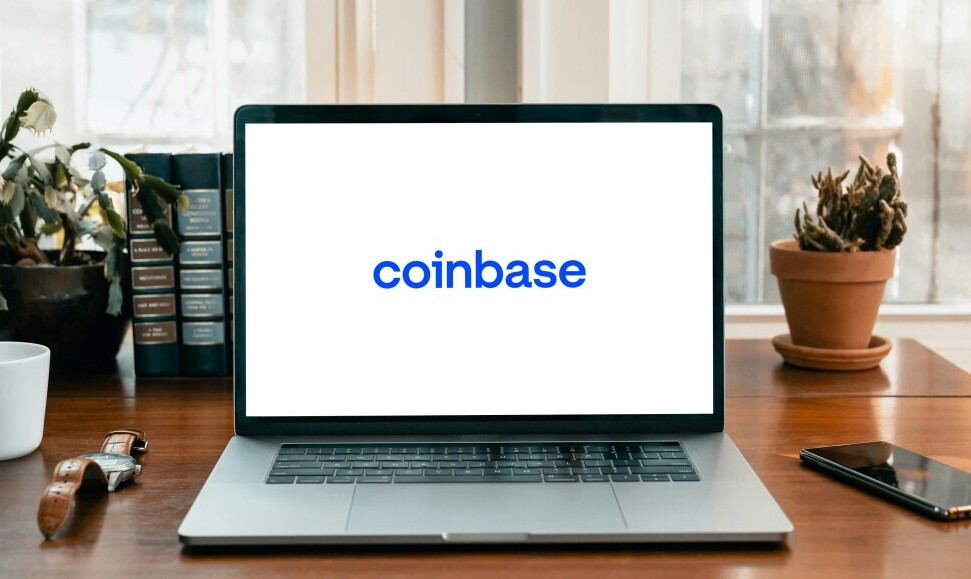Understanding The Differences Between Centralised Exchanges (CEXs) And Decentralised Exchanges (DEXs)
Cryptocurrency exchanges are like marketplaces where the digital versions of Pokémon (think Bitcoin, Ethereum, Solana etc) get traded. Just like you might hit the mall for a sneaker drop, traders rush to exchanges to snag their favourite coins.

You’ve got two big players here: Centralised Exchanges (CEXs) and Decentralised Exchanges (DEXs). They’re like the Coke and Pepsi of the crypto world—both options but with some key differences depending on your style and taste.
Exchanges are vital arteries of the crypto ecosystem, allowing us to shuffle coins around, stack our wallets, or switch coins like trading cards. Understanding the basics means knowing how these platforms work and what they’re good for. It gets your head in the game, so you don’t just stumble your way through.
So why should you care? Well, whether you’re a crypto newbie or a seasoned trader looking to level up, knowing your CEXs from your DEXs helps you make smarter calls. It’s all about picking the right fit for your trading style, whether you want something sleek and easy or rugged and private.
Starting with the essentials sets up a solid base as you explore further. This guide is going to help you cruise through the hodgepodge of exchanges, making sense of where to trade, how to choose, and the best places to get bang for your crypto buck.
Exploring Centralised Exchanges (CEXs): Features and Benefits
Centralised Exchanges are like the mainstream sports bars of the crypto world. They’re buzzing with activity, and everything’s controlled by the house. You’re putting your faith in a central authority to hold onto your assets and keep everything flowing smoothly.

First up, CEXs handle intermediation like champs. They essentially act as middlemen between you and the other traders on the platform. Once you sign up, you deposit your funds, and just like that, you’re ready to swap coins with other users. It’s as easy as ordering a soda but with digital money.
When it comes to user experience, CEXs are all about making life easy. They roll out the welcome mat with intuitive interfaces, helpful tools, and customer support that’s often ready to jump in when you hit a snag. These platforms are crafted to cater to beginners, so you don’t feel like you’re trying to assemble Ikea furniture without the instructions.
CEXs also shine in the liquidity department. With so many active traders and high volumes, you can buy and sell without sweating over price jumps. The market moves, but your trades glide smoothly thanks to this robust liquidity.
But what about security? Here’s the rub: CEXs centralise user funds, which makes them a hot target for hackers. Trusting these exchanges with your assets means depending on their security measures to keep your accounts safe. It’s about weighing convenience against the potential risks. Always good to do your homework and pick one with a stellar track record on security.
Decentralised Exchanges (DEXs): Functionality and Privacy
Decentralised Exchanges operate in the wild world of peer-to-peer trading, giving you the keys to your own kingdom. Unlike their centralised counterparts, DEXs skip over the middlemen — you’re in control of your private keys and funds, trading directly with other users via smart contracts. This means you’re both the boss and the treasurer of your crypto assets.
One of the biggest draws of DEXs is privacy. These exchanges often let you trade without creating an account or spilling your personal details all over the internet. For those who value anonymity, it’s like slipping through the digital shadows.
Cost is another perk you’ll love about DEXs. Without middlemen taking their cut, transaction fees can be lower compared to their centralised siblings. But keep in mind that gas fees linked to blockchain transactions can sneak up on you, especially if the network’s buzzing.
Liquidity can be a mixed bag for DEXs. While some have attracted lots of users and trades, others might leave you hanging with less volume to chew on, which could mean unexpected price changes during big trades. Consider the popular DEX like Uniswap, Jupiter or SushiSwap, which are gaining traction and liquidity over time.
When it comes to market dynamics, navigating a DEX is like running through an obstacle course. You’ll encounter less regulation and sometimes volatile swings, but this is all part of the decentralised charm. Eager explorers stand to benefit from the freedom and full control DEXs offer. It’s important to stay informed and gauge the stability of a platform before diving in headfirst.
Comparative Analysis: CEX vs. DEX Considerations
Deciding between CEXs and DEXs is like picking your ride—a sleek sports car or a rugged off-roader; each has its strengths depending on where you’re heading and what you value. When you’re choosing a platform, several key things should be on your radar.
Security often tops the list of worries. Would you rather trust a platform to protect your assets at the risk of being hacked, or do you want to hold the reins yourself with potentially more responsibility on your end? Keep in mind, DEXs give you full control over your keys, which can be a game-changer for some traders.
Next up is liquidity and trading volume. For those who want quick trades with minimal price impact, CEXs might be your go-to due to their large user base. Planning a massive trade? CEXs usually handle those with ease, thanks to their liquidity pools.
Fees are another critical part of this decision puzzle. CEXs generally have standard transaction fees, but those can add up. DEXs, on the other hand, might have lower transaction costs unless gas fees on networks like Ethereum multiply, which can hit your wallet hard.
Examples to help you visualise: Consider Binance as a pillar of CEXs with extensive tools and liquidity. Uniswap stands tall in the DEX world, offering peer-to-peer transactions and a taste of what decentralised autonomy feels like.
Lastly, consider compliance and regulation if that’s a concern for you. CEXs often comply with regulatory standards, which can offer some peace of mind but may also mean you’re providing personal information. With a DEX, regulations are minimal, and you’re mostly a free agent, which could be the allure or the red flag for your personal trading journey.
Conclusion: Making Informed Choices for Cryptocurrency Trading
Choosing your exchange is all about aligning it with who you are as a trader. Do you lean towards convenience and support, or does the thrill of independence and privacy pull you in? Each platform is a key part of your trading toolbox, and knowing when and how to use them can really elevate your experience in the crypto world.

If you’re stepping into the world of crypto trading freshly, CEXs might be your soft landing. They offer a level of support, community, and ease that’s perfect for getting your feet wet without feeling like you’re in over your head.
But if you’re someone who’s got the basics down and relishes the idea of more autonomy or need that extra layer of privacy, DEXs offer an environment where you can experiment and grow more independently. Just remember—it comes with more responsibility.
Balancing between these options based on the situation or even diversifying your trading across both could also be a wise strategy. It’s not an either/or decision—you might find value in blending the security and familiarity of a CEX with the sovereignty offered by a DEX.
Consider what matters most: Are you prioritising low fees, high liquidity, privacy, or support? Reflect on these aspects to guide your decision-making. Having the insight to pick your preferred platform wisely is crucial, whether you’re a crypto greenhorn or a seasoned trader.
The information provided in this blog is for educational and informational purposes only. Cryptocurrency is highly volatile and carries substantial risks. Nothing within this blog constitutes financial advice. We strongly encourage you to conduct your own research (DYOR) and consult with a qualified financial advisor before making any investment decisions. Always invest wisely, and never invest more than you can afford to lose.















2 Responses
This article does an excellent job of breaking down the key differences between Centralized Exchanges (CEXs) and Decentralized Exchanges (DEXs), making it accessible for both beginners and experienced traders. I appreciate how it highlights the balance between convenience and security, which is a significant consideration in the crypto world. One thing I’m curious about is how the rise of hybrid exchanges might impact the current dynamics between CEXs and DEXs. Do you think they could offer a middle ground, combining the best of both worlds, or would they introduce more complexity for traders? I’d love to hear your thoughts on this!
Thank you for your insightful review! I’m pleased to hear that the article effectively clarified the differences between CEXs and DEXs. The balance between convenience and security is indeed crucial in crypto trading. Regarding hybrid exchanges, they certainly have the potential to combine the user-friendly features of CEXs with the security of DEXs. This could offer traders a versatile option. However, there’s a risk of increased complexity, as traders might need to navigate new protocols and functionalities. It will be fascinating to see how hybrid platforms develop and whether they simplify the trading experience or add new layers of intricacy!